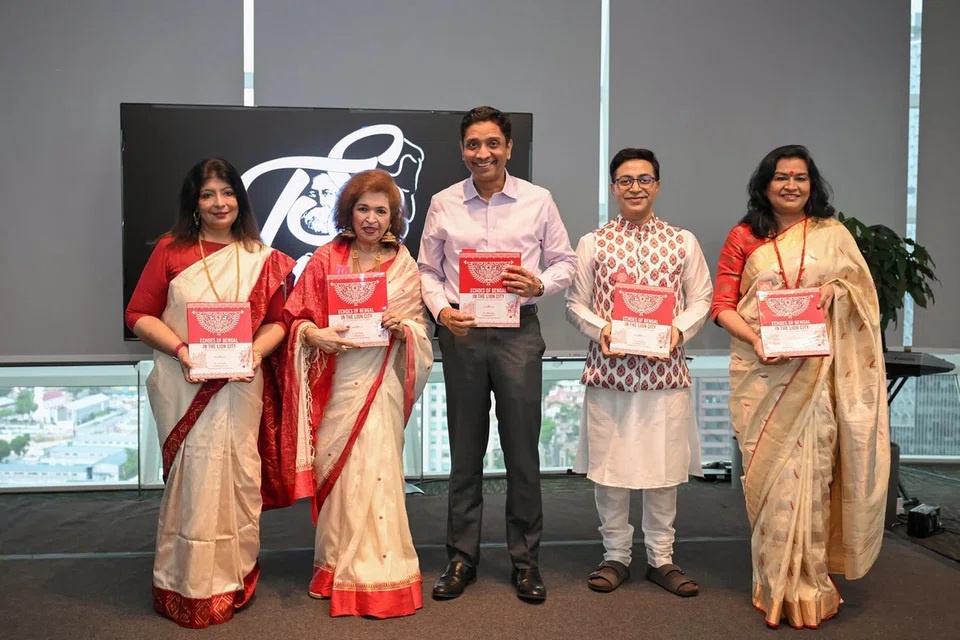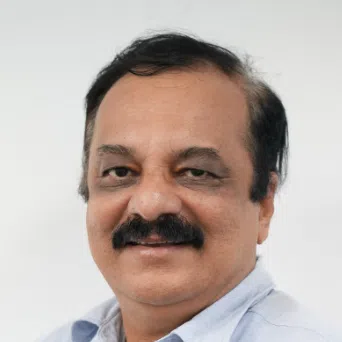As part of Singapore’s SG60 celebrations, the Tagore Society of Singapore hosted a landmark cultural evening titled “Glimpses of the Bengali Diaspora of Singapore” on Oct 15 at the National Library Building.
The event highlighted the long, rich, and often overlooked presence of the Bengali community in Singapore, celebrating their contributions to the city-state’s multicultural heritage through literature, music, film, and the arts.
The Tagore Society organised the event with the mission of correcting misconceptions and honouring the under-recognised history of Bengalis in Singapore. “Many Singaporeans confuse Bengalis with ‘Bangalis’– a term often misattributed to Sikhs due to the turban,” said the organisers. The programme sought to clarify such identities while also acknowledging the Bengali presence since pre-colonial times.
Drawing inspiration from Gurudev Rabindranath Tagore’s timeless line “Where the mind is without fear and the head is held high,” the society reminded attendees that for many Bengalis, Singapore is not merely a place of residence but a heartfelt home across generations.
Guest of Honour, Minister of State for Culture, Community and Youth, and Manpower Dinesh Vasu Dash, launched the book “Echoes of Bengal in the Lion City – Glimpses of the Bengali Diaspora in Singapore”.
The anthology documents the community’s journey, achievements, and cultural imprint across education, governance, and the arts.
“A meaningful addition to SG60,” Mr Dinesh said. “The Tagore Society has used various art forms to foster intercultural understanding and enrich our national tapestry. Their work ensures that lesser-known stories also take centre stage in our collective heritage.”
A specially commissioned documentary screened at the event traced the early Bengali pioneers whose courage and vision helped shape Singapore’s social fabric. These stories of resilience and adaptation highlighted how early migrants retained their heritage while integrating into Singaporean society.
The evening also featured a vibrant cultural programme of traditional Bengali music and dance, showcasing the region’s artistic depth and its harmony with Singapore’s multicultural ethos.
Under the leadership of Mrs Dolly Davenport, the Tagore Society continues its role as a cultural bridge-builder. Since its founding, it has served as a hub for the appreciation of Bengali literature, performing arts, and intercultural dialogue.
“In a world of growing individualism, events like these reconnect us to shared values and roots,” said Mrs Davenport. “They are not only a celebration of identity, but a reminder that diversity and unity go hand-in-hand.”


